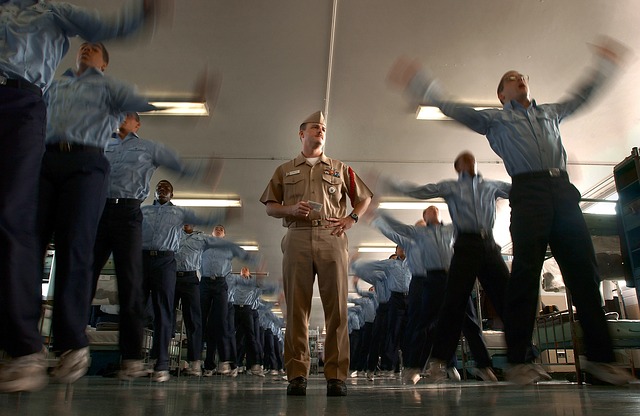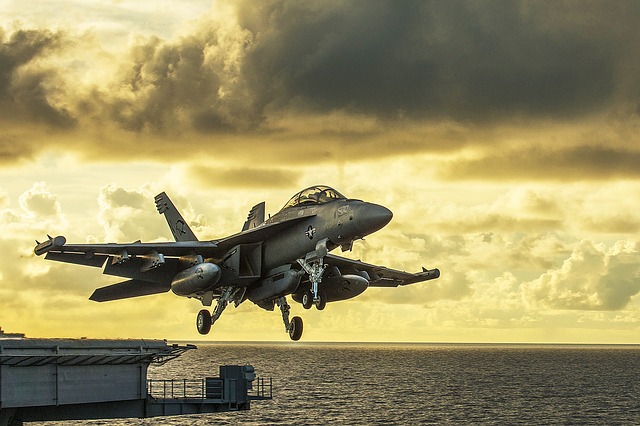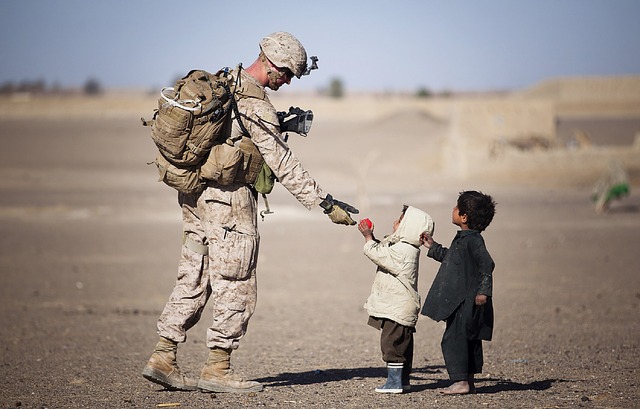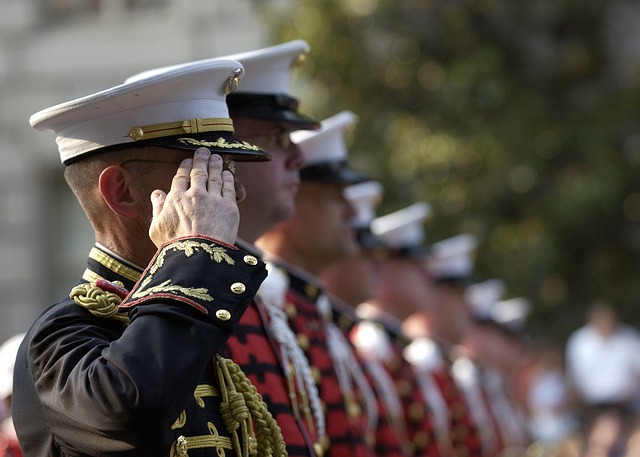Below is a top post from Ivy Admissions Group. Click here to read the full article on their blog.Military members are said to have an advantage in the MBA application process, given how valuable their leadership experience, international exposure, and communications skills are to business education. Some studies estimate that the acceptance rate for military vets is about double that of non-veterans in top MBA programs.
In spite of this however, military members are severely under-indexed in the MBA classroom. Just look at my alma mater, Harvard Business School. More than 180 students in the previous two classes have worked for McKinsey & Company, which boasts 11,000 employees worldwide. The United States Military is more than 10,000% larger, with over 1.3 million active duty personnel, and yet there are about 55% fewer U.S. Veterans than McKinsey Consultants – only about 80 school-wide.
Military Veterans enrich the MBA experience for others, and get a ton of value out of it themselves. Do why don’t more apply?Some Vets may be reluctant to apply because they feel ill-suited for the rarefied air of an elite MBA classroom. Military service is, after all, a lot more rough and dirty than the office lives of entrepreneurs, financiers, and consultants. Others may feel that they are unprepared for the academic rigors. However, I felt that my military service was excellent preparation for my MBA. In the spirit of this Independence Day, I’d like share some lessons all MBAs can learn from military service.

Integrity beyond reproach
One of my first memories of Officer Candidate School was our Senior Chief brutally punishing the class for failing to immediately fess up to a rule infraction. I remember his strained, veiny neck bellowing that our reputations were everything, and that as officers we would need to exemplify “integrity beyond reproach.”
To get the autonomy necessary to accomplish my mission, I needed my commander to have complete confidence in me to execute, whatever the hardships to be endured. To get my troops to follow my orders, I needed them to trust that my instructions were critical to the mission and already accounted for their well-being.
At business school, I also found myself under the microscope. As an MBA, every day you are interacting closely with the future business leaders of the world, each of whom is going to carry an impression of you based on what they see in and around the classroom. In this environment, you need to carry yourself with the highest integrity, from your academic coursework, to attributing ideas to their originators in discussion group, to prompt and complete Venmo payments after a group dinner. Military officers are used to doing the right thing whether someone is looking for not, which is good because in business school everyone will be.

Quantity has a quality
Sure some militaries have low-quality outdated missiles, but if they launch enough of them at a fighter jet or aircraft carrier, you will quickly realize how quantity has a quality all its own.
The same goes for a lot of business school. A single noisy dorm-room party might not yield the kind of high quality interactions you'd like, but if you’re the kind of person who always shows up, you’ll likely be invited to the more intimate gatherings. An individual networking event may not land you a job, but if you go to every single one hosted by a particular company, it will speak volumes to them about your commitment. Professors look for quality comments, but if you are always ready to jump in, they will appreciate your mental acuity and you will likely be able to ward off any cold-calls on days when you are not as prepared.
Bias for Action
MBA students are notoriously flakey. We talk a big game about organizing a trek or meeting up with an old colleague for brunch, but the fact of the matter is that our time is always double-booked and we’re forced to turn down fun events constantly. Vets are able to overcome these challenges because they are trained to have a bias for action. If someone asks to get brunch, they will know to put a few dates on the calendar to ensure that it happens. If there is a group project to do, Vets know to plan out the meetings, show up on time, and keep the group on track, even if it means leaning on others a little bit to ensure that their work gets done.

Think fast and adapt
Most of the time when I prepare a case before class, I’ll be struck by one or two comments that I think might change the trajectory of the case discussion. Then in class the perfect time for me to share my comment will come and pass before I can get into the conversation. These moments happen to every business school student, but I find that Veterans are better about letting them go, thinking fast, and adapting. Sticking with your original plan and shoehorning that comment into the discussion when called upon later would have disrupted the flow of the conversation and earned you a bad grade as well. Service members are trained to understand that no good plan survives first contact with the enemy, and are ready to adjust accordingly.









